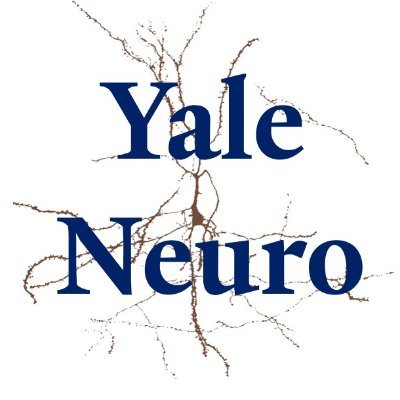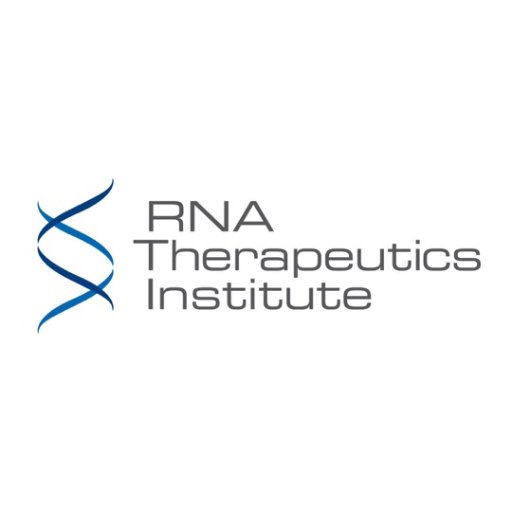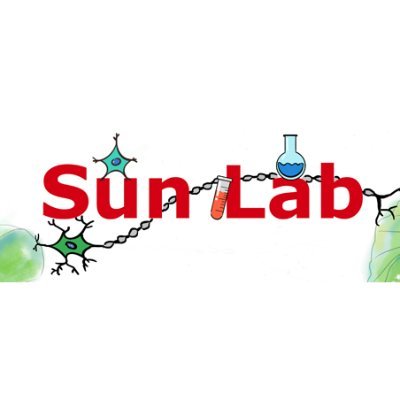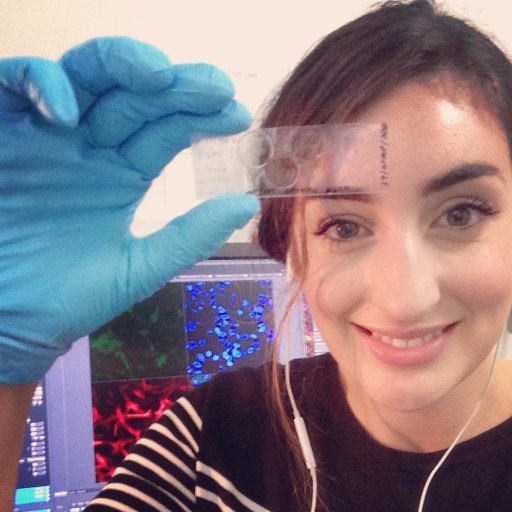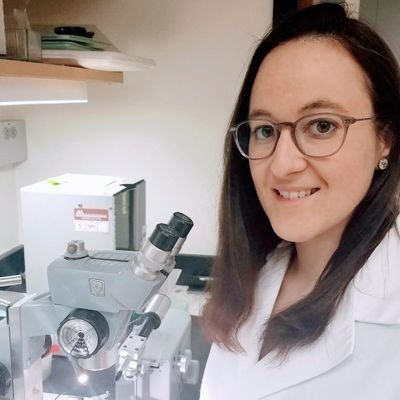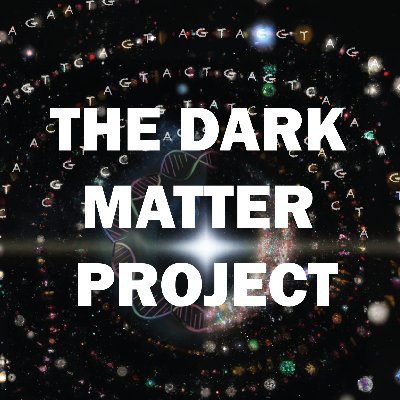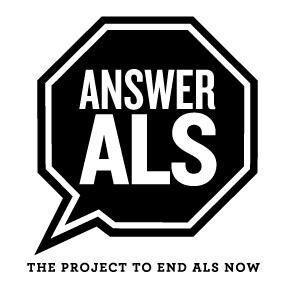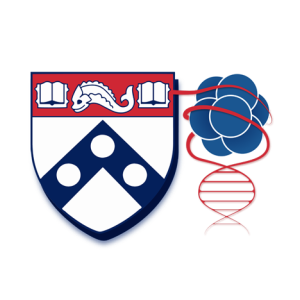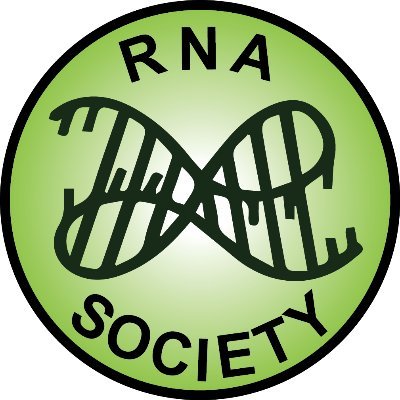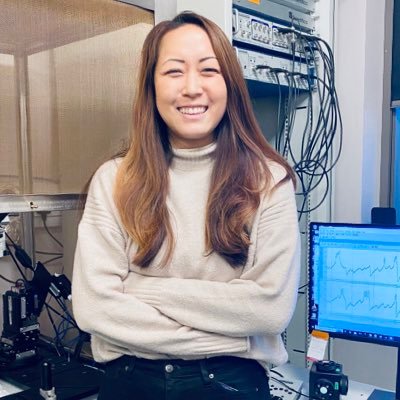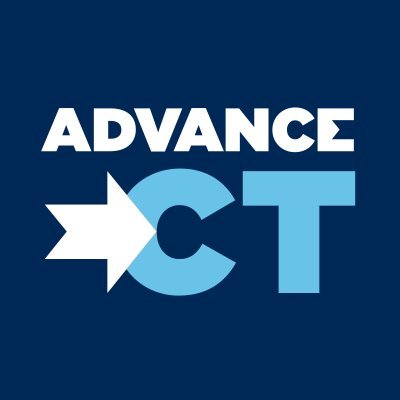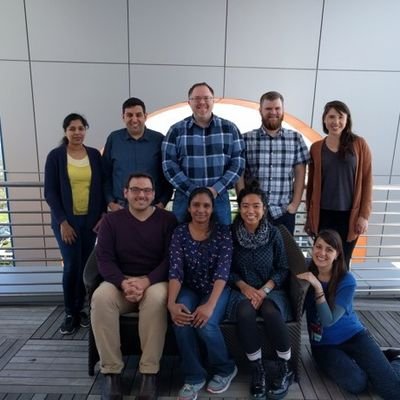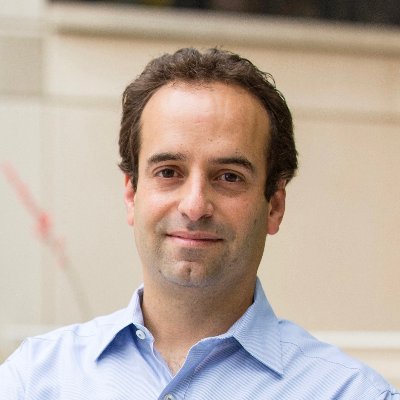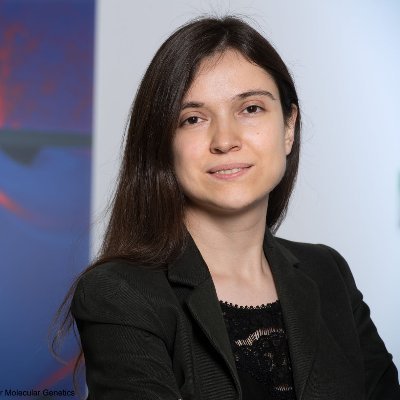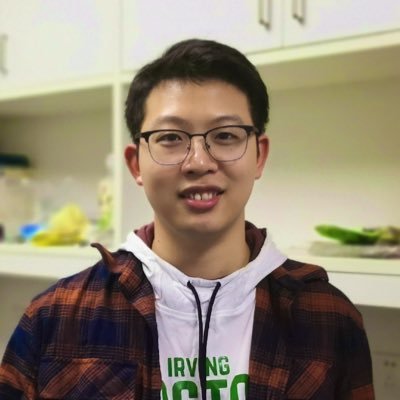
Zhen Lei
@Ray32364897Postdoc @guo_lab at Yale School of Medicine. Neuroscience, RNA
Similar User

@LFMPassalacqua

@DunhamLabEmory

@MariaVeraUgald1

@haase_astrid

@bRaNnAn_LAB

@YZhongxia

@MarkusHafner4

@Sharear_Saon

@aandrzejewskaa

@papa_snRNP

@NaotoHori

@jwaldern

@GarkhalBhumika
New from the lab with @sedlazeck Brilliant analysis by @MichalIzydorcz1 of long read @nanopore WGS from single human brain cells, after droplet MDA amplification in the Samplix X-drop. Funded by @ASAP_Research @UCLIoN medrxiv.org/content/10.110…
Multimodal scanning of genetic variants with base and prime editing go.nature.com/3O6wQ0O

If you are about RNA-seq and alternative splicing and wondering whether to spend more money on long reads, this paper is extremely important. Longer is not always better. Long read experiment with a LOT of reads missed some splicing events. genome.cshlp.org/content/early/…
We identified Widespread transposable element dysregulation in human aging brains with Alzheimer’s disease and validated it by CRISPR from @YinShenLab Thanks @NIHAging @CCLRI @YinShenLab alz-journals.onlinelibrary.wiley.com/doi/10.1002/al…



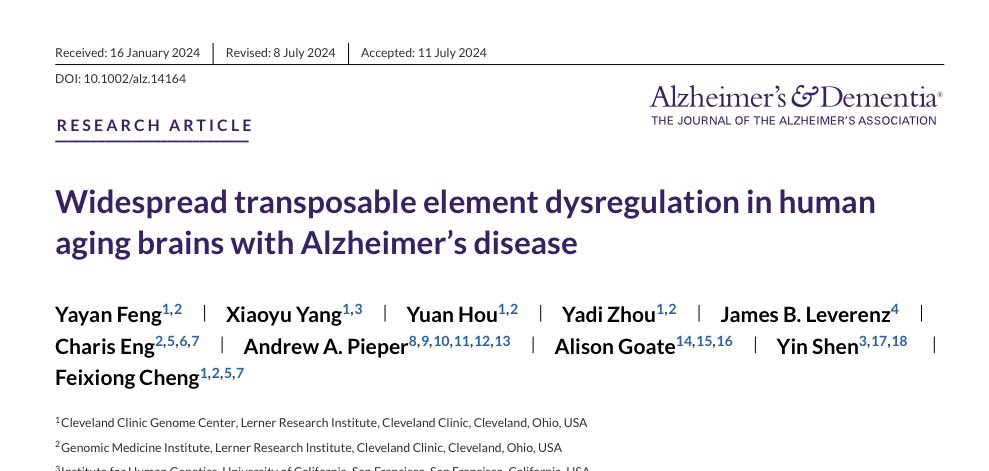
Alternative splicing of transposable elements in human breast cancer biorxiv.org/cgi/content/sh… #biorxiv_genomic
📣 A new study by the @guo_lab and @YaleMed's Dr. Paul Lee sheds light on how the use of alternative translation initiation sites 🧬 produces multiple synaptic protein isoforms with diverse localization and function! Read More Here 👇 medicine.yale.edu/news-article/n…
Epigenetic reactivation of transposable elements induces tumor-enriched antigens in glioblastoma but also some in proliferating nontumor cells @NatureGenet @twang5 @AlbertHKimMDPhD @Nakul2234 @leung_holden nature.com/articles/s4158…
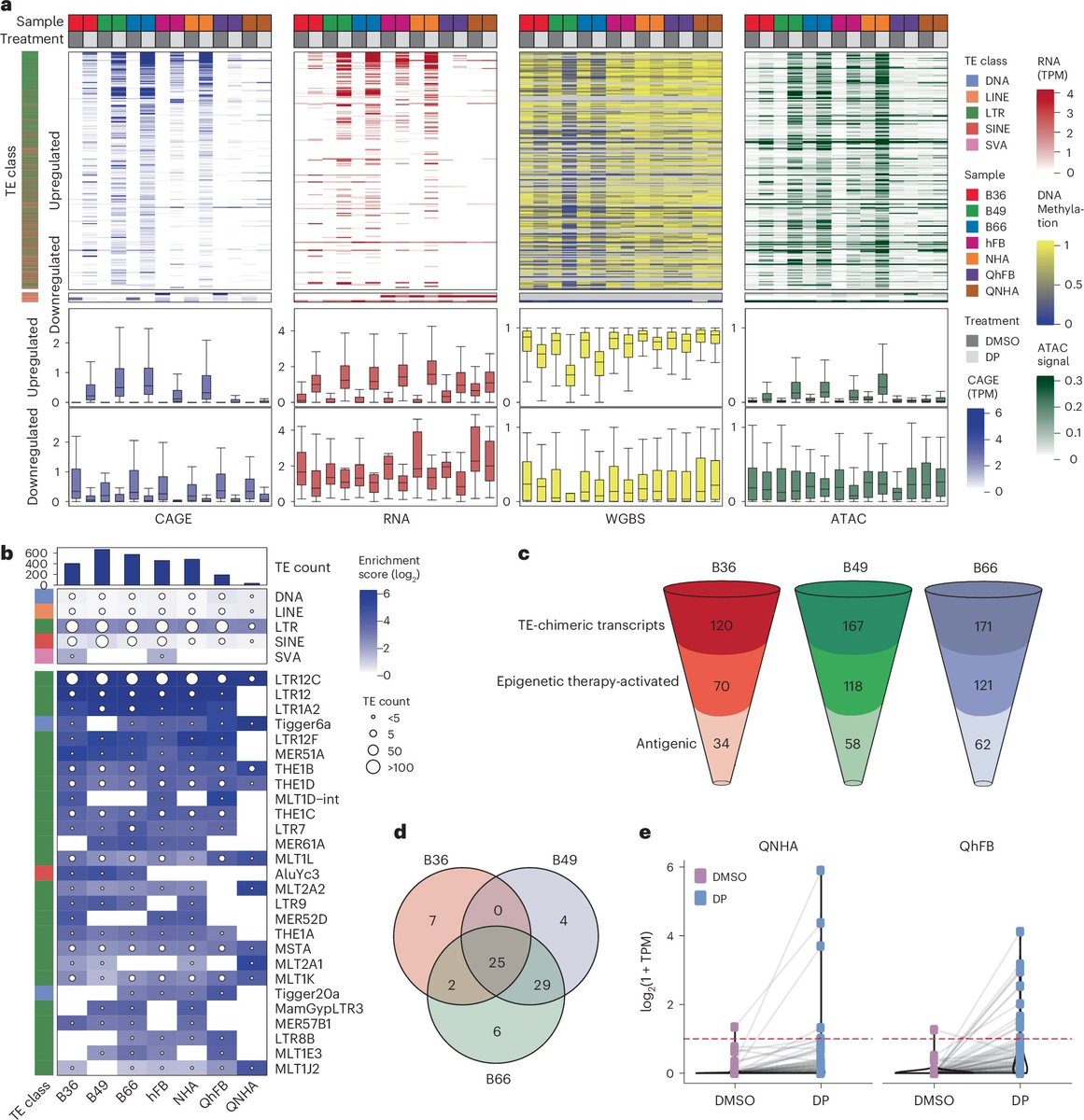
Delighted to share our paper on the selective degradation of aggregated tau. @benn_jojo and Shi Cheng used nanobodies against tau, and fused them to the catalytic RING domain of clustering-activated E3 ligase TRIM21 to create R-Nb science.org/doi/10.1126/sc…
🚨 1 WEEK LEFT 🚨 Applications to present a #Yale SYNAPSES seminar close on Sept. 5! ⌚️ Don't miss this opportunity to share your research & meet your colleagues--Apply today! ✍️
📢 POSTDOCS: APPLY TODAY to present a seminar at Yale! Supported by @YaleNeuro & @KavliAtYale, SYNAPSES offers the perfect space to present your research and expand your network 👥 Apply by September 5th: medicine.yale.edu/neuroscience/e…

Exciting opportunity for postdocs worldwide! 🌍 Join us at Yale to present your cutting-edge research, connect with top neuroscientists, and expand your professional network. Apply by September 5th! #YaleNeuro #KavliAtYale
📢 POSTDOCS: APPLY TODAY to present a seminar at Yale! Supported by @YaleNeuro & @KavliAtYale, SYNAPSES offers the perfect space to present your research and expand your network 👥 Apply by September 5th: medicine.yale.edu/neuroscience/e…

Amazing discovery on the evolution of human pigmentation by retrotransposons! Turns out TEs not only helped us get rid of our tails (see 1st comment) but also adapt to different levels of sunlight exposure . nature.com/articles/s4158…😎
Transposon-derived introns as an element shaping the structure of eukaryotic genomes dlvr.it/TB8jhs

So proud of my lab for our latest work out today in @Naturepub We took advantage of transposable elements and CRISPR to perform targeted insertion of cargo DNA in the Arabidopsis and soy genomes. Led by @mcliupeng nature.com/articles/s4158…. 🧵
Online Now: hnRNPM protects against the dsRNA-mediated interferon response by repressing LINE-associated cryptic splicing dlvr.it/T7Ydlz

Regulation of pre-mRNA splicing go.nature.com/3BDfNO4 #Review by @MalgorzataRoga1, @clau_vivori & Juan Valcárcel @CRGenomica @UPFBarcelona @TheCrick
Excited to share a new line of work led by @Yale_INP student Paul Lee collaborating with @AlexaRSoares @MarinaP63, in which we found a translational switch regulating the dual identities of synaptic organizers‼️ @YaleNeuro @YalePsych @YaleRNA @KavliAtYale biorxiv.org/content/10.110…
Proudly presenting our new findings on how #RNA binding proteins (RBPs) may increase the tolerance of genomes to transposable element (TE) insertions. If you want to know more read this thread or our story @Nature nature.com/articles/s4158…
So excited to share our story revealing structures, functions and adaptations of the human LINE-1 retrotransposon, an ancient genetic parasite that has written 1/3 of the human genome and is implicated in cancer, aging, & autoimmunity. Now out in @Nature nature.com/articles/s4158…
Our new paper is out! We used iPSC models and organoids, and delved into why transposons are aberrantly re-activated in Alzheimer's neurons. We find that aberrant AP-1 activity, due to c-JUN upregulation, underlies TE de-repression and mobilisation 1/n nature.com/articles/s4146…
United States Trends
- 1. $CUTO 7.520 posts
- 2. $CATEX N/A
- 3. $XDC 1.124 posts
- 4. DeFi 103 B posts
- 5. #Caturday N/A
- 6. GAME DAY 12,2 B posts
- 7. Good Saturday 33 B posts
- 8. #saturdaymorning 2.730 posts
- 9. #Arcane 267 B posts
- 10. Jayce 69,4 B posts
- 11. #SaturdayVibes 4.118 posts
- 12. Pence 85,3 B posts
- 13. #MSIxSTALKER2 N/A
- 14. Senior Day 2.671 posts
- 15. McCormick-Casey 25,9 B posts
- 16. $XRP 93,4 B posts
- 17. Pennsylvania Democrats 113 B posts
- 18. Tyquan Thornton N/A
- 19. Fetterman 41 B posts
- 20. Mike Neu N/A
Who to follow
-
 Luiz Passalacqua
Luiz Passalacqua
@LFMPassalacqua -
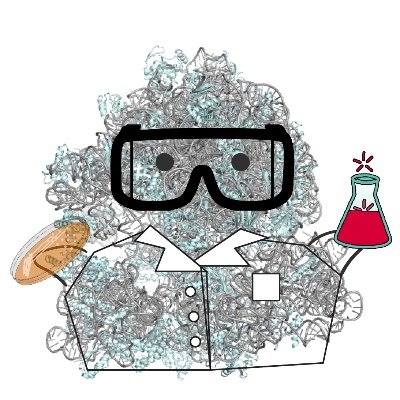 Dunham Lab
Dunham Lab
@DunhamLabEmory -
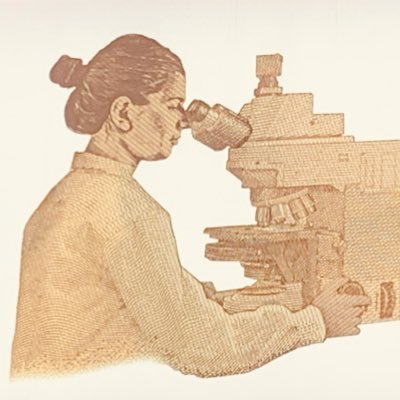 Maria Vera Ugalde
Maria Vera Ugalde
@MariaVeraUgald1 -
 Astrid Haase
Astrid Haase
@haase_astrid -
 Kristopher Brannan
Kristopher Brannan
@bRaNnAn_LAB -
 Zhongxia Yi 衣仲夏
Zhongxia Yi 衣仲夏
@YZhongxia -
 Markus Hafner
Markus Hafner
@MarkusHafner4 -
 Sharear Saon
Sharear Saon
@Sharear_Saon -
 Angelika Andrzejewska-Romanowska
Angelika Andrzejewska-Romanowska
@aandrzejewskaa -
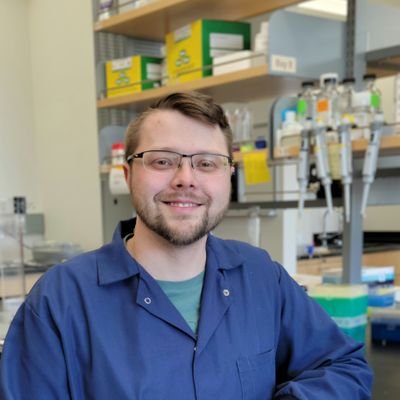 Justin Mabin
Justin Mabin
@papa_snRNP -
 Naoto Hori
Naoto Hori
@NaotoHori -
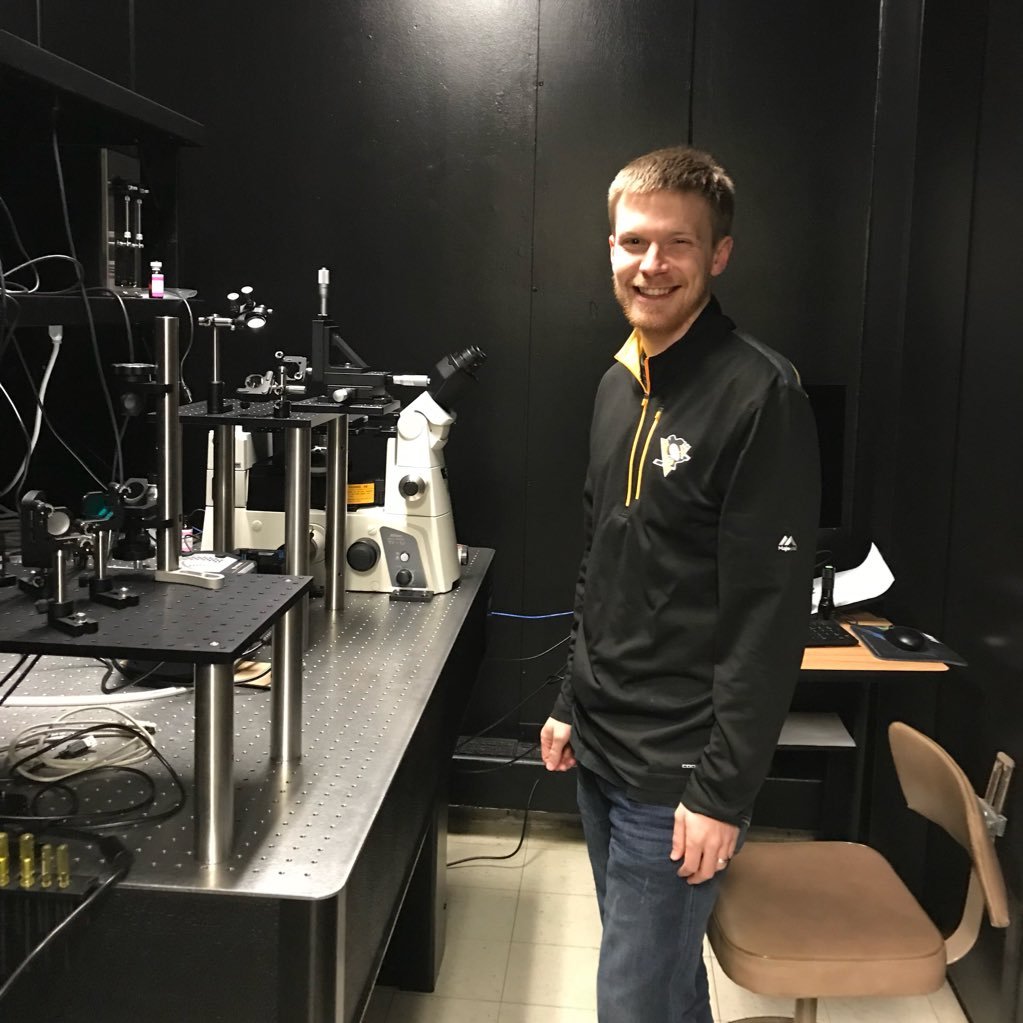 Justin Waldern
Justin Waldern
@jwaldern -
 Bhumika Garkhal
Bhumika Garkhal
@GarkhalBhumika
Something went wrong.
Something went wrong.

